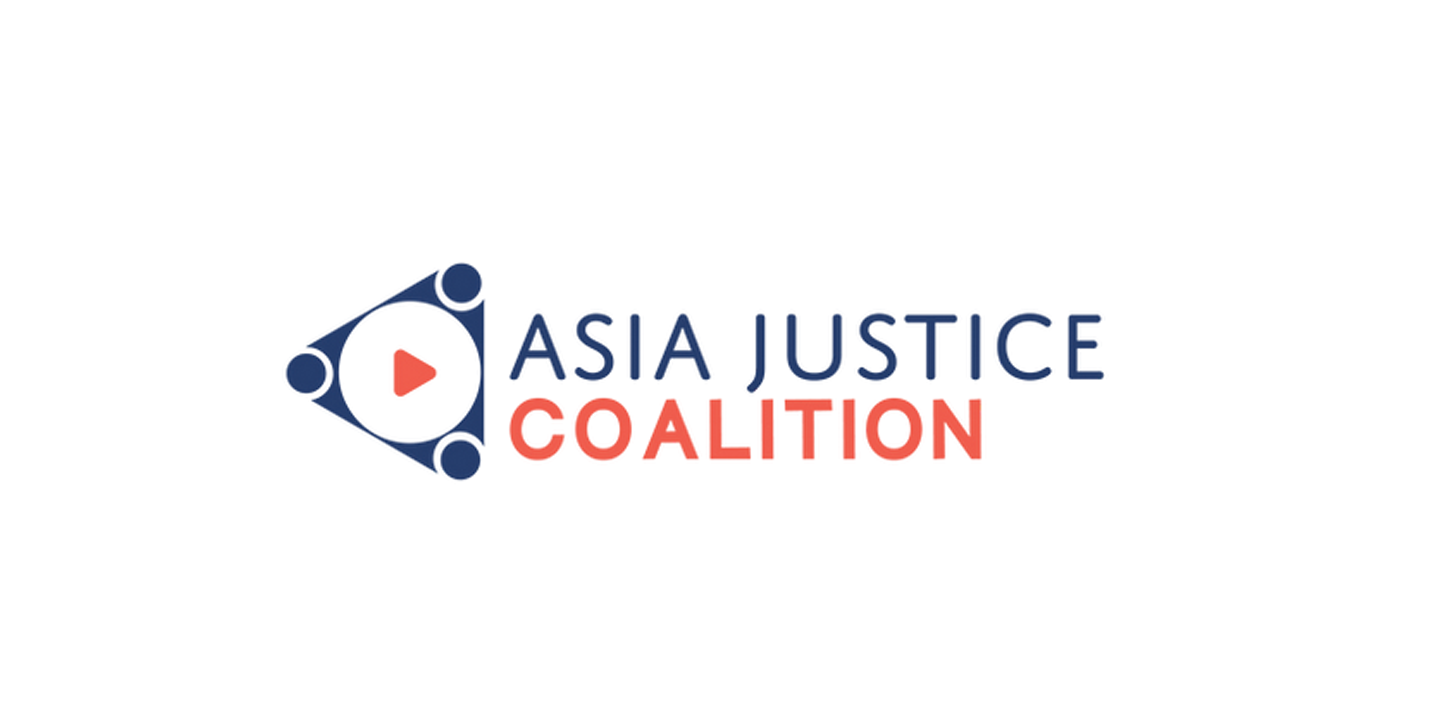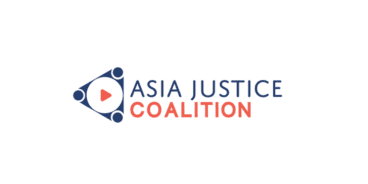

Twenty-Five Years of the Rome Statute – Looking Forward
The Asia Justice Coalition is a network of organizations whose purpose is to promote justice and accountability for gross violations of international human rights law and serious violations of international humanitarian law in Asia, and to contribute to the fulfillment of the rights of victims and their families.
On 17 July 1998, the Rome Statute, the constituent treaty establishing the International Criminal Court (“the Court/ICC”) was signed and adopted by 120 States. The Court has jurisdiction to investigate and prosecute the most serious international crimes namely genocide, crimes against humanity, war crimes, and in some circumstances, aggression.
In more than two decades of its operation, the Court has faced many threats and challenges. Nonetheless, the Court has fortified the resolve to fight impunity globally. However, the goal of universal ratification of the Rome Statute and its effective domestic implementation remains unfinished. Reiterating the importance of the Rome Statute system, the Asia Justice Coalition takes this opportunity to assess progress made so far, and expectations from the next phase of the ICC.
In furtherance of its mandate, the Assembly of State Parties, the Court’s legislative, management, and governance body, must facilitate the smooth functioning and administration of the Court by meeting the budgetary, resource, and personnel requirements while respecting the independence of the Court. The State Parties should also discharge their obligations (cooperation, execution of arrest warrant, witness relocation, financial contribution etc.,) under the Rome Statute without distinction across situations before the Court.
The Independent Expert Review provides a sound basis to examine and improve the performance of the Court. The commitment to gender and geographic equality must be translated into action. Measures like conducting a gender analysis of the Court, integrating gender expertise throughout the Court, providing an open and transparent recruitment process, and ensuring an inclusive and safe working culture, would benefit the operation of the Court and the Rome Statute System.
With ever-increasing conflicts around the world, the docket of the Office of the Prosecutor (“OTP/Office”) is growing as well. It also heightens the risk of politicisation, external pressure, and selectivity in prioritisation of situations and cases. The discretion of the Prosecutor to open and close investigations and initiate prosecution is fundamental for the strategic freedom and independence of the Office. Similarly, the allocation and distribution of the budget and resources, including the decision to open a field office, and appoint subject-matter experts, are all-important functions of the Office. The Asia Justice Coalition welcomes the thematic focus of the OTP on the crimes against women and children, and sexual and gender crimes, and the improved engagement with various stakeholders, including civil society organisations.
It is crucial to place victims at the centre of the Court. Victims have a legitimate interest and legal right to participate in all phases of proceedings before the Court. The protection of victims and witnesses must be a priority of the Court and their voices, demands, and concerns must be adequately heard and amplified. Similarly, the Court through its increased and targeted outreach must not only earn the confidence and trust of victims but also actively contribute to keep them aware of the progress of its judicial activity. In doing so, the Court will contribute significantly to fighting misinformation and managing expectations.
The Asia Justice Coalition restates the critical importance of fair trial rights, including the right to legal aid. To this end, defence counsel must have equality of arms with the Prosecution.
Even though the engagement of Asian States with the ICC has been far from ideal, it is important to see significant progress in the four situations in Asia and the Pacific (Myanmar/Bangladesh, Palestine, Afghanistan, and the Philippines). While each situation before the Court is unique, challenging, and calls for tailored responses and approaches, it is imperative to have a consistent discharge of the mandate for the reasons of independence, equality, predictability, and legitimacy. In fact, advances in each of these situations will bridge the distance between the Court and victims as justice must not only be done, but must also be seen to be done.
The ICC has its own unique place within the international justice ecosystem as a permanent international criminal court, providing for individual criminal responsibility. At the same time, the pursuit of alternative accountability efforts like universal jurisdiction and domestic and regional proceedings must be promoted, as a means to further complementarity, rather than competition. The primary responsibility to investigate and prosecute atrocity crimes remains with States.
The Rome Statute provides a strong foundation to hold perpetrators of the most serious international crimes to account across the globe without distinction. In this new phase of the Court, a renewed commitment by the ICC and States is essential to safeguard prosecutorial and judicial independence, fight impunity, advance international justice and accountability, and strengthen the international legal order.
Related Content


Populations at Risk, March 2025
